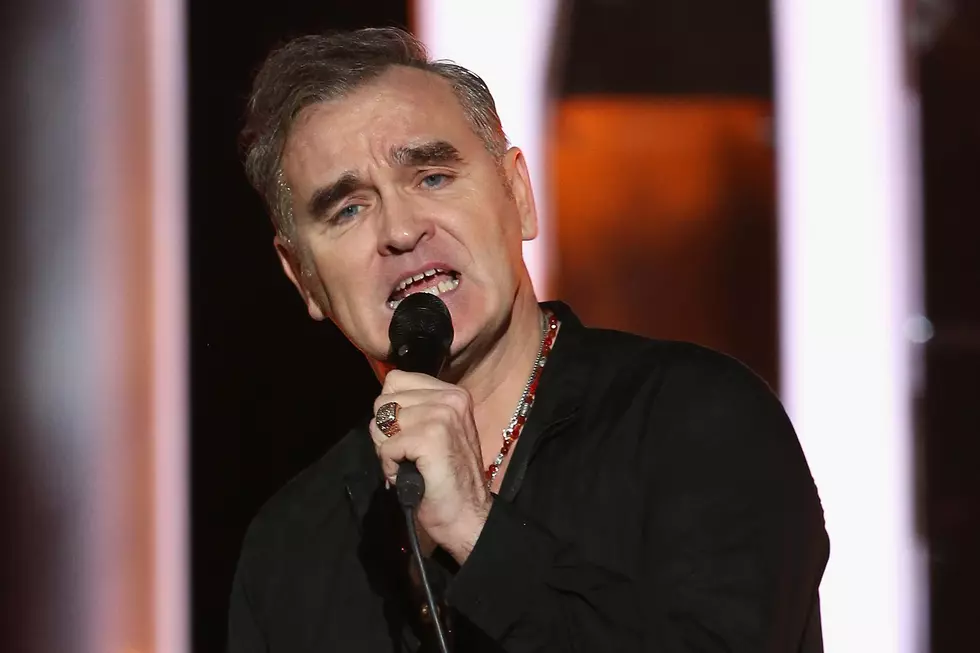
‘Viva Hate’ – Looking Back on Morrissey’s Solo Debut
It’s not all that surprising that Morrissey’s first solo album, ‘Viva Hate,’ sounds exactly like a Smiths record. The band broke up in 1987; six months later, ‘Viva Hate’ was out. That didn’t give Morrissey much time to think about things like new directions and expanding horizons and all that other stuff that comes when singers are on their own for the first time. He basically followed the Smiths’ playbook.
First, Morrissey retained producer Stephen Street, who had worked with the Smiths for most of their career. Then he hired a guitar player who sounded a lot like Johnny Marr. Finally, he penned another set of biting songs that drew from British pop culture (‘Little Man, What Now?’), pre-apocalypse tension (‘Everyday Is Like Sunday’) and political discomfort (‘Margaret on the Guillotine’).
In other words, ‘Viva Hate’ was a Smiths album without three-fourths of the Smiths. But who cares? Morrissey had other records where he could be all different and boring (like the follow-up, ‘Kill Uncle’). ‘Viva Hate’ was still in the moment; Morrissey knew it and took advantage of his position. ‘Suedehead’ rings like a Smiths outtake, ‘Break Up the Family’ is a look back at his childhood and the album’s centerpiece, ‘Late Night, Maudlin Street,’ is seven-plus minutes of Moz at his most dismal (and funniest).
‘Viva Hate’ peaked at No. 48, higher than any Smiths album, and reached No.1 in the U.K. ‘Suedehead’ and ‘Everyday Is Like Sunday’ were both released as singles and became college-radio hits (this was before ‘Billboard’ began paying attention to modern rock). And like the final two Smiths albums, it went gold. Morrissey would make better albums – he rebounded from ‘Kill Uncle’ with the terrific ‘Your Arsenal’ in 1992, for starters. But ‘Viva Hate’’s final glance at the Smiths was just what he needed to move on.
Watch the Video for Morrissey's 'Suedehead'
More From Diffuser.fm









